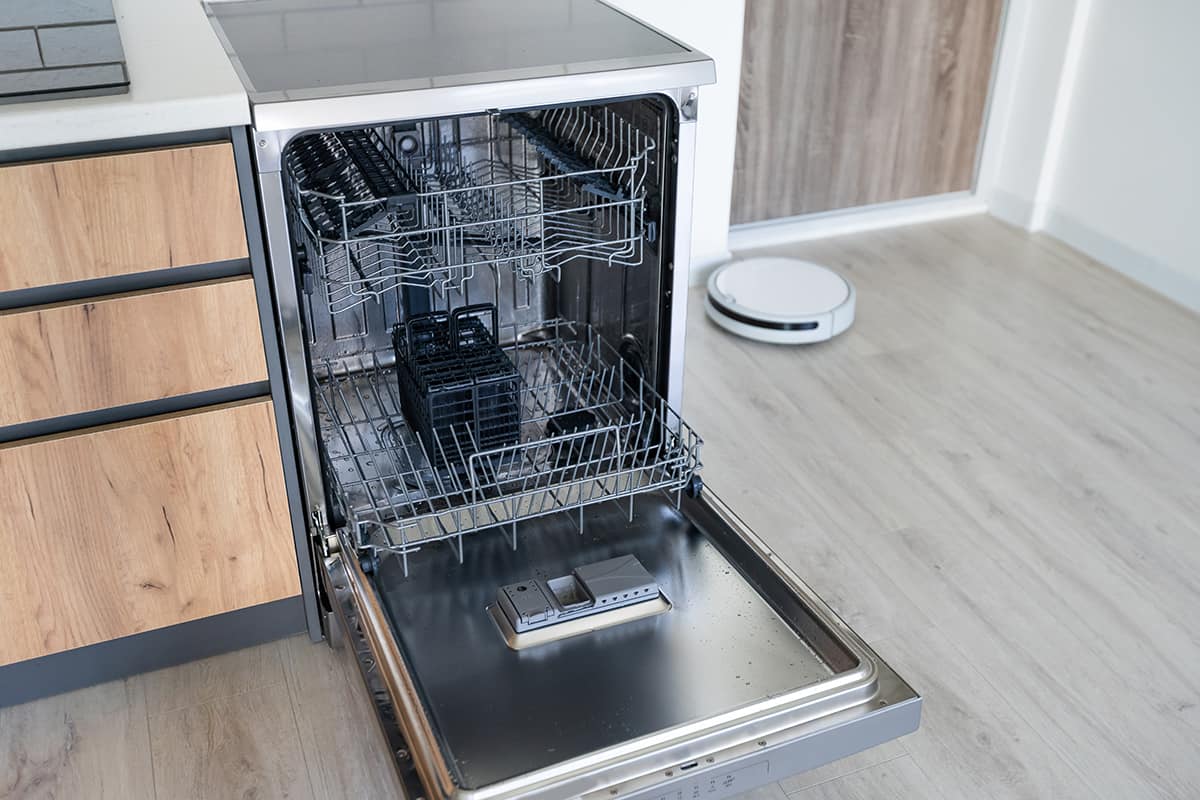

Articles
How Many Amps Dishwasher
Modified: September 2, 2024
Discover how many amps your dishwasher requires with our informative articles. Learn about the electrical requirements and find the perfect dishwasher for your home.
(Many of the links in this article redirect to a specific reviewed product. Your purchase of these products through affiliate links helps to generate commission for Storables.com, at no extra cost. Learn more)
Introduction
Understanding the amperage requirements of a dishwasher is crucial for homeowners and professionals alike. A dishwasher is one of the essential appliances in a modern kitchen, providing convenience and simplifying the task of cleaning dishes. However, it is important to know the electrical requirements of a dishwasher to ensure safety and efficient operation.
When installing or replacing a dishwasher, it is essential to consider its amp rating. Amps, short for amperes, refer to the measurement unit of electric current. Different appliances have specific amp ratings, which indicate the amount of electricity they require to operate optimally.
By understanding the amperage requirements of a dishwasher, homeowners can prevent electrical hazards such as overloading circuits and tripped breakers. Additionally, knowing the amp rating of a dishwasher can help in selecting the right electrical circuit and properly planning the installation process.
In this article, we will delve deeper into the topic of amperage requirements for dishwashers, explaining the importance of understanding this aspect and how it relates to electrical safety in the home.
Key Takeaways:
- Understanding the amperage requirements of dishwashers is crucial for safe and efficient operation. Homeowners should consider factors such as amp ratings, electrical circuits, and safety precautions to ensure seamless integration into their homes.
- When installing a dishwasher, it’s essential to assess not only the amp requirements but also the overall electrical system, outlet compatibility, and safety guidelines. Seeking professional assistance can ensure a successful and hazard-free installation.
Read more: How Many Amps For Refrigerator
Amps and Electrical Appliances
To understand the amperage requirements of a dishwasher, it is essential to grasp the concept of amps and its relationship to electrical appliances. Amps, or amperes, are a unit of measurement used to quantify the electric current flowing through a circuit.
Electrical appliances, including dishwashers, have specific amp ratings that indicate the amount of current they require to function properly. These ratings are crucial in preventing electrical hazards and ensuring the safe operation of appliances.
Knowing the amperage of appliances is vital to prevent overloading electrical circuits. When an appliance requires more current than a circuit can handle, it can lead to overheating, electrical fires, or the tripping of circuit breakers. By understanding the amp requirements of a dishwasher, homeowners can ensure that they are using the appropriate electrical circuit for safe and reliable operation.
Furthermore, knowing the amperage of appliances helps in proper electrical planning. When installing a dishwasher or adding new appliances to a kitchen, it is important to consider the amp requirements to ensure that the existing electrical system can accommodate the additional load. This includes having the correct wiring, circuit breakers, and outlets to support the appliances without compromising safety.
By having a clear understanding of amps and their relation to electrical appliances, homeowners can make informed decisions when it comes to selecting and installing appliances like dishwashers. This knowledge enables them to prioritize electrical safety, prevent hazards, and optimize the performance of their appliances.
Amp Rating of Dishwashers
When it comes to the electrical requirements of dishwashers, it is important to understand the typical amp rating of these appliances and the factors that can affect their amperage requirement.
The amp rating of a dishwasher typically falls within the range of 10 to 12 amps. However, it is crucial to check the specific documentation or labeling provided by the manufacturer to determine the exact amp rating for a particular model.
Several factors can affect the amperage requirement of a dishwasher. One such factor is the size and capacity of the dishwasher. Larger dishwashers with higher capacities may require more energy to operate, resulting in a higher amp rating compared to smaller models.
The energy efficiency rating of a dishwasher can also influence its amp requirement. Energy-efficient models are designed to use less electricity, resulting in a lower amp rating. It is always advisable to choose energy-efficient dishwashers as they not only save energy but also reduce utility costs.
In addition to size and energy efficiency, the features and functions of a dishwasher can impact its amp rating. Dishwashers with advanced features such as multiple wash cycles, heated drying, or soil sensors may consume more power and, therefore, have a higher amp rating.
Furthermore, the voltage at which a dishwasher operates can influence its amp requirement. Most dishwashers operate at a voltage of 120 volts or 220 volts, and the amp rating will vary accordingly. It is crucial to ensure that the electrical circuit supplying the dishwasher matches the voltage and amp requirements to ensure safe and efficient operation.
Considering these factors, it is important to carefully assess the amp rating of a dishwasher and choose a model that aligns with the available electrical infrastructure and meets the specific needs of the household.
By understanding the typical amp rating of dishwashers and the factors that can affect their amperage requirement, homeowners can make informed decisions when selecting a dishwasher and ensure that their electrical system can handle the load safely and efficiently.
Understanding Electrical Circuits
To comprehend the amperage requirements of a dishwasher, it is essential to have a basic understanding of electrical circuits and how they operate within a home.
An electrical circuit is a closed pathway through which electricity flows. It consists of various components, including a power source, conductors, switches, and the load, which is the appliance or device that consumes electrical power.
The role of amperage in electrical circuits is crucial. Amperage, or electric current, refers to the flow of electric charge through a conductor. It measures the amount of electricity passing through a point in a circuit within a given time. Amperes are denoted by the symbol ‘A.’
Dishwashers, like other electrical appliances, are connected to the overall electrical system of a home through circuits. In most residential settings, dishwashers are typically connected to dedicated circuits that serve only the dishwasher and are protected by a circuit breaker specific to that appliance.
Each circuit in a home has a maximum amperage capacity, determined by the size of the wiring and the rating of the circuit breaker. It is crucial to ensure that the amp rating of the dishwasher and the capacity of the circuit it is connected to align properly. If the dishwasher requires more current than the circuit can handle, it can lead to circuit overloading, potential damage to electrical components, and even create fire hazards.
When installing a dishwasher, it is essential to consider the overall electrical system of the home and ensure that the circuit it is connected to can adequately supply the required amperage without overloading. This involves evaluating the amp ratings of other appliances and electrical loads connected to the same circuit and determining if they can safely operate together.
By understanding electrical circuits and the role of amperage, homeowners can ensure that dishwashers are appropriately integrated into the electrical system of their homes. This understanding helps in selecting the right circuit, scheduling proper installations, and preventing electrical hazards associated with overloaded circuits.
Check the label on your dishwasher or its manual to find the amperage rating. If you can’t find it there, look for the model number and search online for the specifications. Always consult a professional if you’re unsure.
Determining the Amp Requirement of a Dishwasher
To accurately determine the amperage requirement of a dishwasher, it is important to follow specific steps and take necessary precautions. Here is a guide to help you in the process:
1. Consult the manufacturer’s documentation: Start by checking the dishwasher’s manual or specification sheet provided by the manufacturer. This information usually includes the amp rating or wattage, which can be used to calculate the amperage requirement.
2. Use a clamp meter: A clamp meter is a handy tool that measures the electrical current flowing through a conductor without interrupting the circuit. By clamping the meter around the dishwasher’s power cord or the circuit wire supplying it, you can obtain an accurate reading of the current. Ensure that the dishwasher is in operation during the measurement for accurate results.
3. Calculate the amperage: Once you have obtained the current reading, you can calculate the amperage by dividing the wattage by the voltage. For example, if the dishwasher operates at 120 volts and has a power consumption of 1,200 watts, the amperage would be 10 amps (1200 watts / 120 volts = 10 amps).
4. Ensure safety precautions: When working with electrical equipment, it is crucial to take necessary precautions. Make sure to disconnect power to the dishwasher before attempting any measurements. Use proper safety equipment such as insulated gloves, eye protection, and work in a well-ventilated area. If you are not familiar with electrical work, consult a professional electrician for assistance.
By following these steps and taking proper precautions, you can accurately determine the amperage requirement of a dishwasher. This knowledge helps in selecting the appropriate electrical circuit and ensures safe and efficient operation of the appliance.
Read more: How Many Amps Are In A Dryer
Common Amp Ratings for Dishwashers
When it comes to the amp ratings of dishwashers, there are common ranges that can be useful in understanding the electrical requirements of these appliances. Here is a list of common amp ratings for various types of dishwashers:
- Standard Built-in Dishwashers: Standard built-in dishwashers typically have an amp rating ranging from 9 to 12 amps. This is the most common type of dishwasher found in residential kitchens.
- Compact Dishwashers: Compact dishwashers, also known as apartment-sized or countertop dishwashers, usually have an amp rating ranging from 5 to 8 amps. These smaller models are ideal for smaller kitchens or spaces with limited installation options.
- Portable Dishwashers: Portable dishwashers are designed to be moved and connected to a kitchen faucet when needed. They often have an amp rating similar to standard built-in dishwashers, typically between 9 and 12 amps.
- Drawer Dishwashers: Drawer dishwashers have become increasingly popular due to their versatility. These dishwashers typically have an amp rating ranging from 9 to 12 amps.
- High-End or Specialty Dishwashers: Some high-end or specialty dishwashers may have different amp ratings depending on their unique features and functions. It is important to refer to the manufacturer’s specifications for these models to determine their specific amp requirements.
When comparing different models of dishwashers, it is essential to consider their amperage requirements alongside other factors, such as capacity, energy efficiency, and features. By comparing the amp ratings, homeowners can determine which dishwasher will work best with their existing electrical system and meet their specific needs.
It is important to note that these amp ratings are general guidelines and may vary between brands and models. Always refer to the manufacturer’s documentation or specification sheet for the precise amp rating of a particular dishwasher.
By being aware of the common amp ratings for dishwashers, homeowners can make informed decisions when selecting a dishwasher and ensure that their electrical system can support the appliance without any issues.
Additional Considerations
When it comes to installing a dishwasher, there are factors to consider beyond just the amperage requirements. These factors play a crucial role in ensuring a safe and efficient installation. Here are some additional considerations to keep in mind:
- Circuit and Wiring Capacity: Apart from the amperage, it is important to assess the overall capacity of the existing electrical circuit and wiring. Ensure that the circuit and wiring can handle the additional load of the dishwasher without overloading or causing any electrical issues.
- Electrical Outlet: Make sure to have the appropriate electrical outlet for the dishwasher. The outlet should be grounded and capable of handling the amperage requirement. It is advisable to check local electrical codes and regulations for proper outlet installation.
- Water Supply and Drainage: Consider the location of the water supply and drainage connections for the dishwasher. Ensure that the plumbing connections are in place and meet the specifications provided by the manufacturer.
- Safety Guidelines: Follow safety guidelines for electrical installations. This includes turning off power to the dishwasher and surrounding areas before starting any electrical work. Use proper tools, wear protective gear, and work in a safe and well-lit environment.
- Ground Fault Circuit Interrupters (GFCIs): Install GFCIs in areas near water sources, such as the kitchen, to provide additional safety against electrical shocks and potential hazards.
- Professional Assistance: If you are unsure about any aspect of the installation or you lack experience with electrical work, it is highly recommended to consult a professional electrician. They can assess your electrical system, determine the appropriate amperage requirements, and ensure a safe and proper installation of the dishwasher.
Consulting a professional electrician is particularly important when dealing with complex installations or when modifying the electrical system of your home. They have the expertise and knowledge to assess your specific requirements and ensure compliance with electrical codes and safety standards.
By considering these additional factors and adhering to safety guidelines, you can ensure a successful and safe installation of your dishwasher, minimizing the risk of electrical hazards and maximizing the efficiency of the appliance.
Conclusion
In conclusion, understanding the amperage requirements of a dishwasher is crucial for homeowners and professionals alike. By having a grasp of the amperage and its relation to electrical appliances, homeowners can make informed decisions when it comes to selecting, installing, and operating their dishwashers.
Throughout this article, we discussed the importance of knowing the amp rating of appliances to prevent electrical hazards and ensure safe operation. We explored the amp rating of dishwashers, noting that standard built-in dishwashers typically range from 9 to 12 amps, while compact and portable dishwashers may fall between 5 and 8 amps.
We also emphasized the importance of understanding electrical circuits and the role of amperage in these circuits. Dishwashers are connected to the overall electrical system of a home, and it is crucial to ensure that the circuit and wiring can handle the dishwasher’s amperage requirement to prevent overloading and potential electrical issues.
Furthermore, we outlined the steps to determine the amperage requirement of a dishwasher, including consulting the manufacturer’s documentation and using tools like a clamp meter for accurate measurements. Precautions, such as disconnecting power and following safety guidelines, were also highlighted.
Additionally, we discussed other factors to consider when installing a dishwasher, such as circuit and wiring capacity, electrical outlets, water supply, and drainage. It is important to adhere to safety guidelines and, when in doubt, seek professional assistance to ensure a safe and proper installation.
In summary, understanding the amperage requirements for a dishwasher is crucial for efficient and safe operation. By considering factors such as amperage, circuit capacity, and following safety guidelines, homeowners can ensure that their dishwasher integrates seamlessly into their electrical system, minimizing the risk of electrical hazards and maximizing the appliance’s performance.
Remember, if you have any doubts or lack electrical expertise, it is always recommended to consult a professional electrician who can provide accurate assessments and ensure a safe installation of your dishwasher.
Frequently Asked Questions about How Many Amps Dishwasher
Was this page helpful?
At Storables.com, we guarantee accurate and reliable information. Our content, validated by Expert Board Contributors, is crafted following stringent Editorial Policies. We're committed to providing you with well-researched, expert-backed insights for all your informational needs.






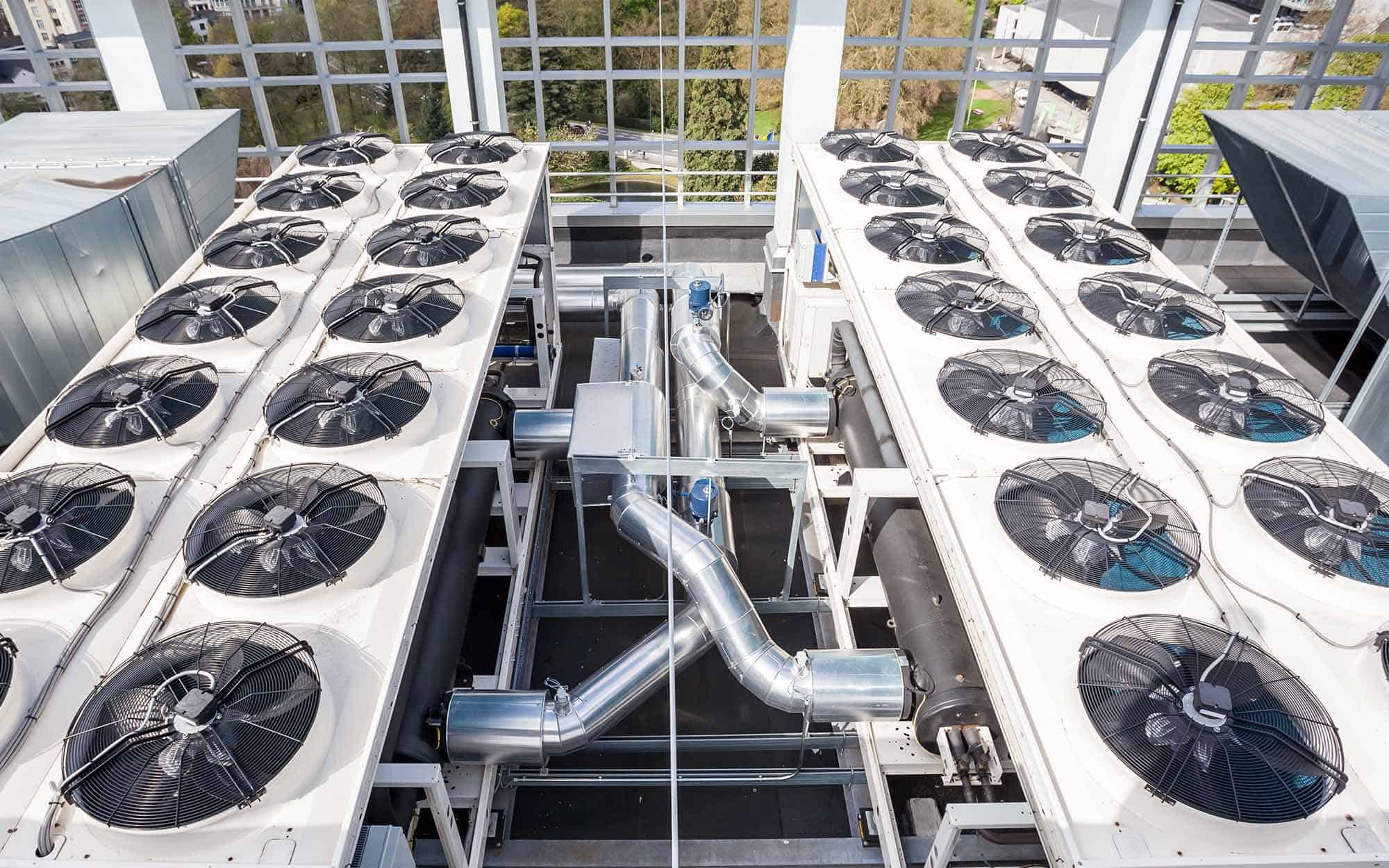
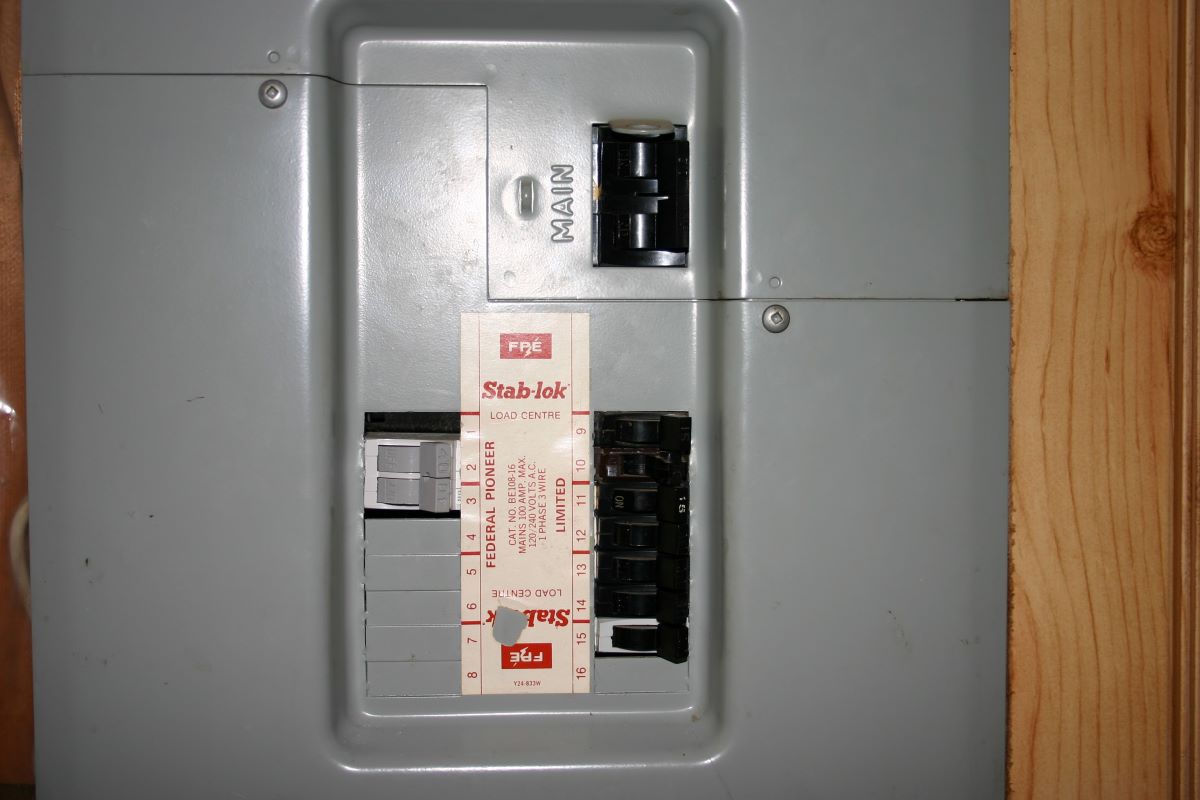
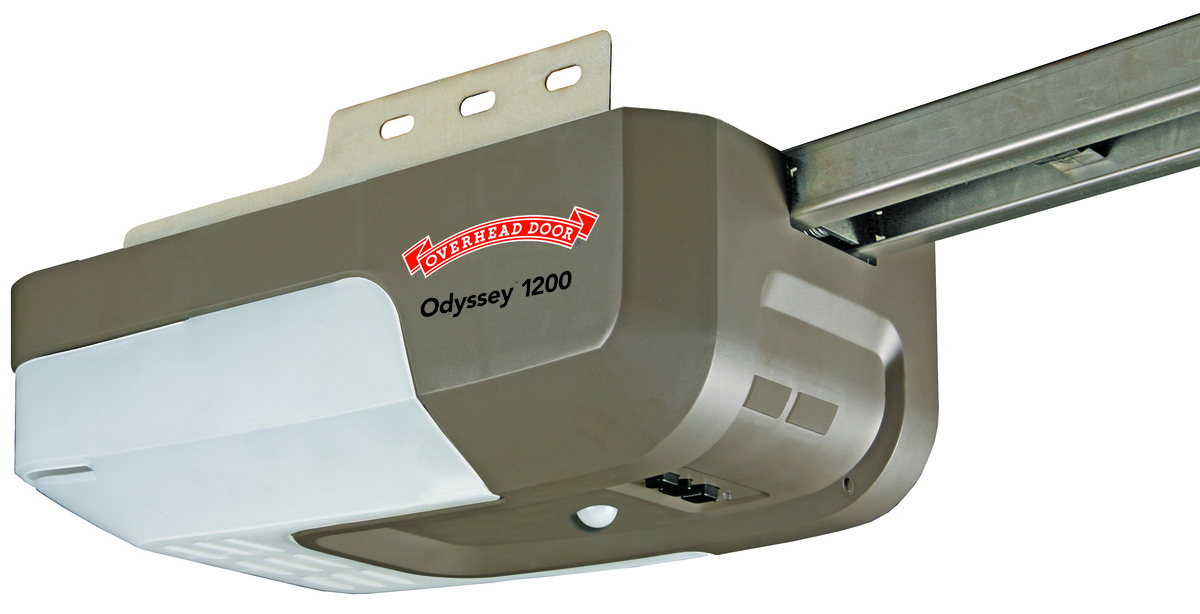




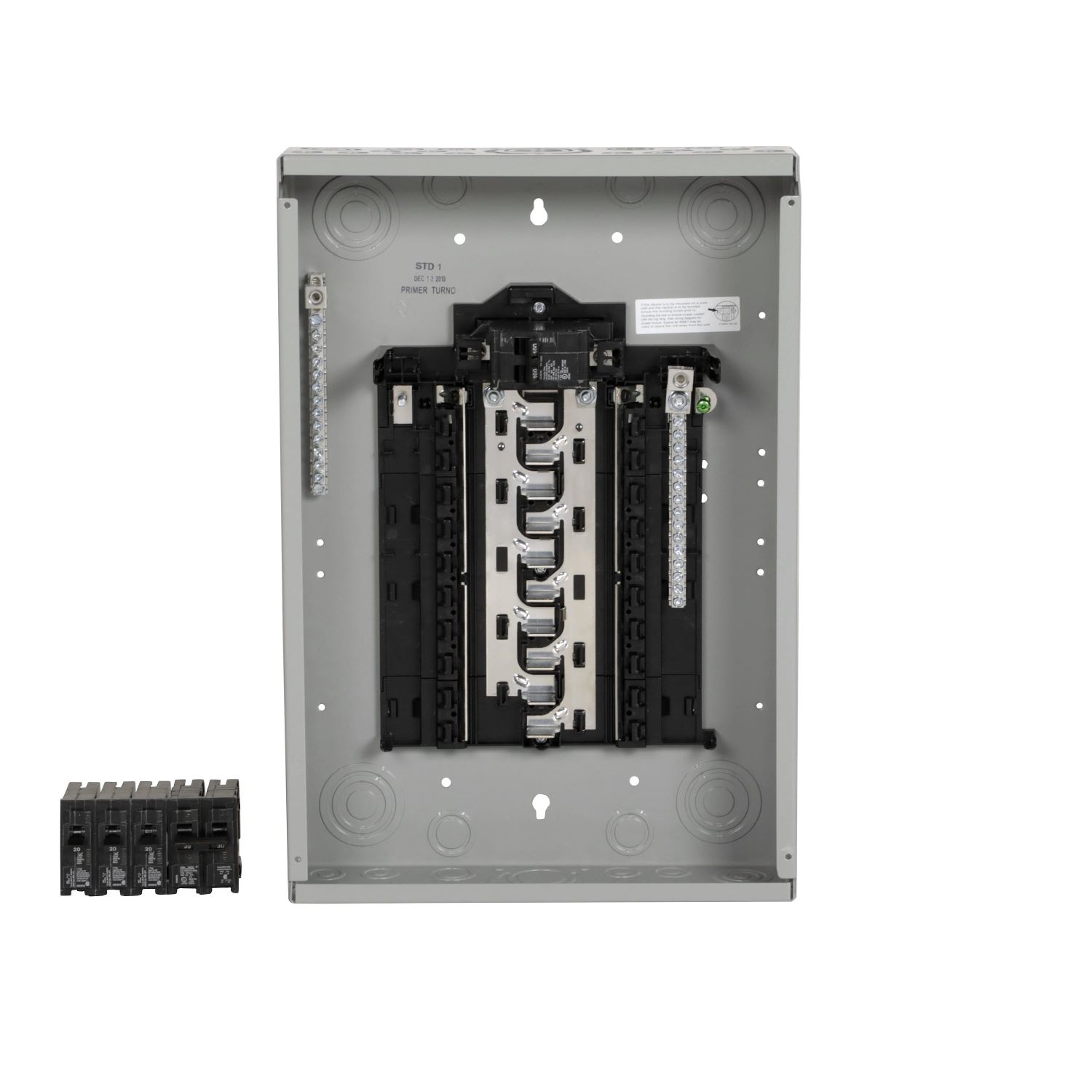

0 thoughts on “How Many Amps Dishwasher”